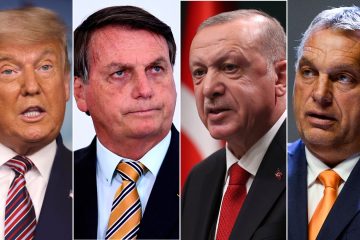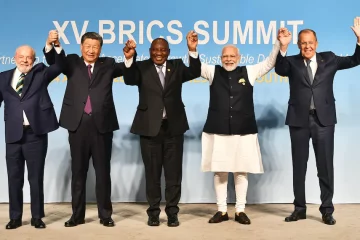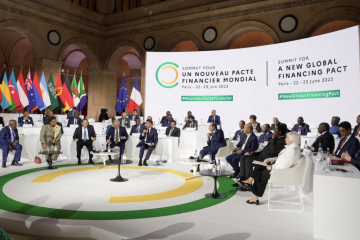
Identity Capital and the North-South Gap in Explaining Populism
The literature on populism in the 21st century often assumes that far-right leaders draw their support from voters who have lost out to globalisation. This is the case among low-skilled, white workers in Global North democracies, including the United States. But, there are also meaningful occurrences of backlash against the political establishment and liberal values in parts of the Global South that have clearly benefited from the post-Cold War trade openness. For instance, two of the largest democracies in the developing world have been shaken by right-wing movements that came to power with the support of the winners of economic liberalisation. In Brazil, Jair Bolsonaro, a former army captain, won the presidency in 2018 with the support of agribusiness exporters …

From BRICS to BRICS+: Implications for the Group, Multilateralism, and the Global South
Introduction After World War II, the multilateral system was designed to promote international peace, drive economic growth, and ensure global cooperation. Institutions such as the United Nations, International Monetary Fund, and World Trade Organisation established alliances, treaties, and agreements with the aim of achieving shared prosperity. In recent years, however, cracks are beginning to appear within this system. The world has witnessed a sharp increase in geopolitical crises like the Russia – Ukraine war, withdrawals from treaties, trade protectionism and back-sliding democracies. The multilateral system has also failed to deliver comprehensive solutions to global issues such as COVID-19 and climate change. As the inequalities within the multilateral system become increasingly apparent, calls for change are starting to reverberate across the …

The Paris Climate Summit: A Milestone for the Global South?
International summits are vital to promoting global agreement and laying the groundwork for future international cooperation. The Summit for a New Global Financial Pact took place in Paris, co-hosted by France’s President Emmanuel Macron and Barbados’ Prime Minister Mia Mottley. The Summit, organised with the aim of promoting global unity for international financial architecture form, set out to achieve four main goals focusing on fiscal sustainability and climate change in low-income countries. Amid the worldwide increase in extreme poverty and climate disasters, these conferences provide a platform for building coalitions to resolve urgent humanitarian issues. However, there has been a marked decline in international cooperation and the success of these events. In 2022, the United Nations Climate Change Conference COP27 …









